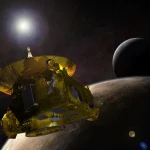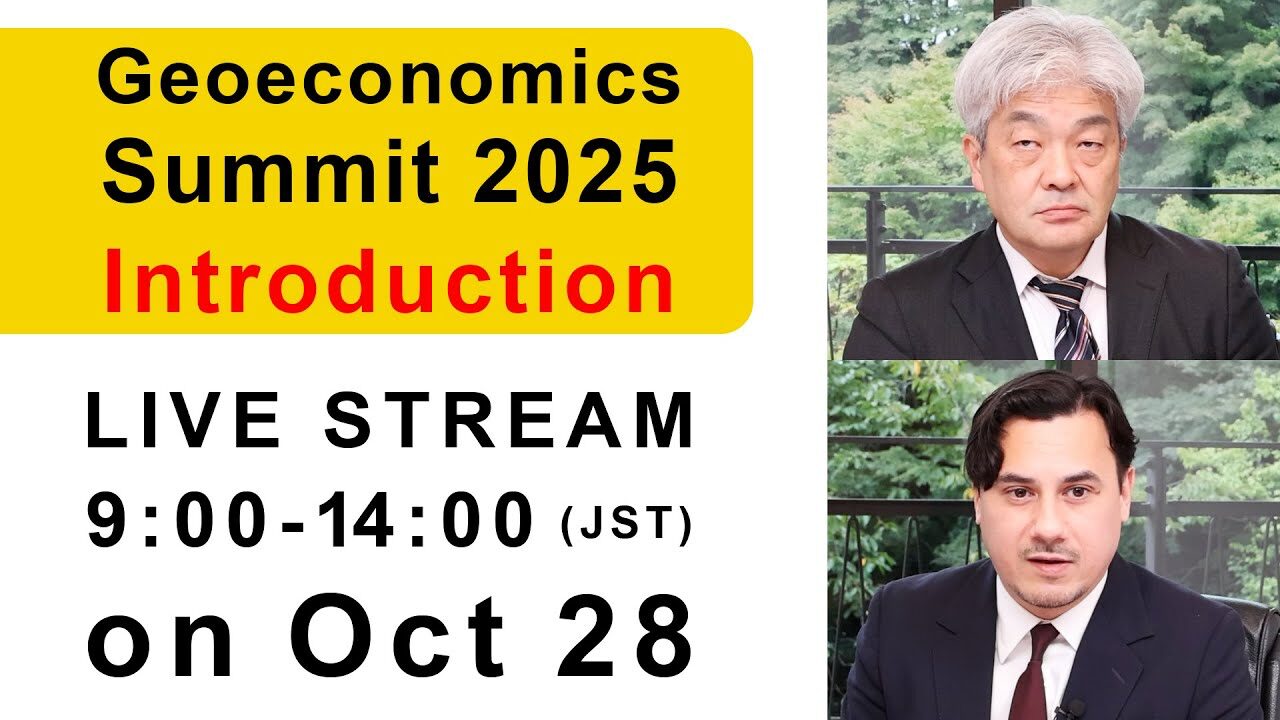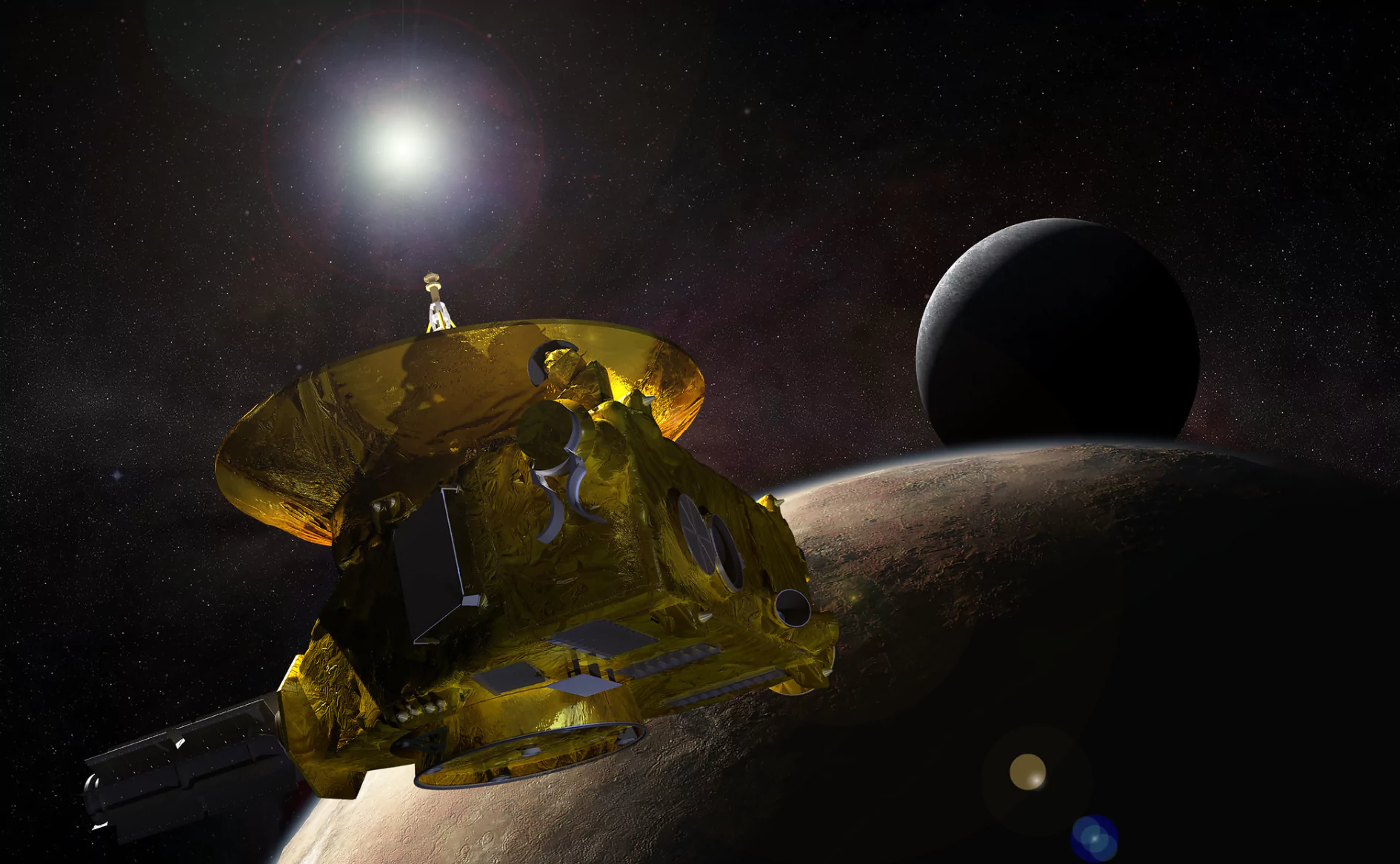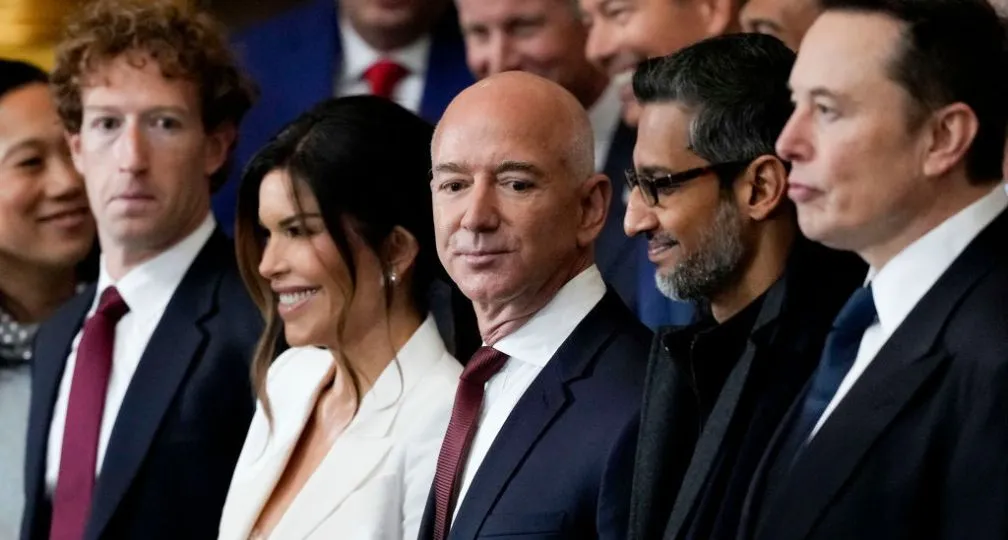Navigating Uncertainty in U.S. Space Policy: Decoding Elon Musk’s Influence
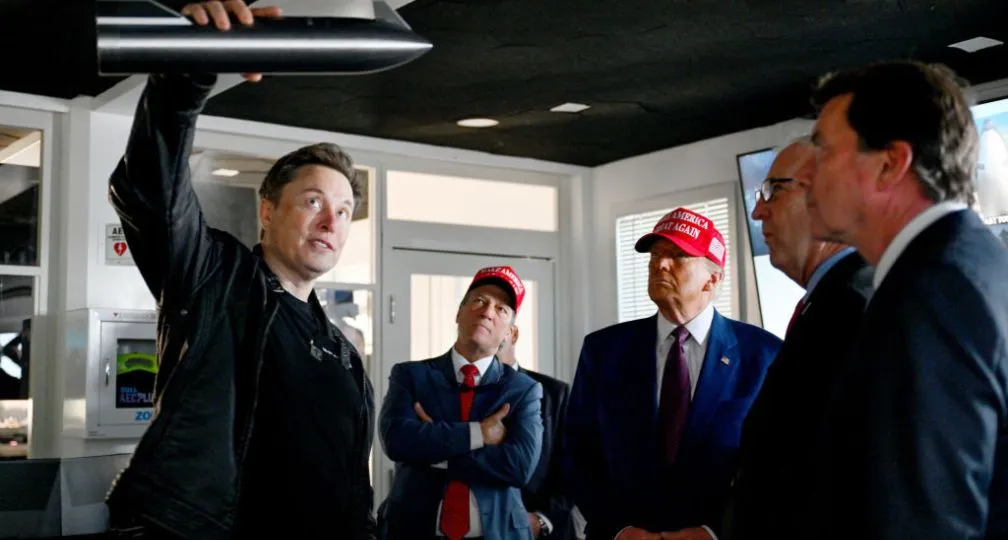
The Artemis Program to Date
The Artemis Program, launched in 2019, initially aimed to return American astronauts to the Moon within five years and establish sustainable operations on the lunar surface (this goal has since been extended to within eight years).
Unlike the Apollo era, in which strong public backing could be counted on, modern human space exploration required a more sophisticated approach. Therefore, the first Trump administration sought to ensure the Artemis Program’s long-term sustainability by solidifying international cooperation frameworks, with Japan, the European Space Agency (ESA), Canada, the UAE, and Australia all joining the program. It also sought to strengthen domestic political support, particularly in Congress, by fully leveraging the capabilities of U.S. private-sector space companies.
Although the Artemis Program was not explicitly designed to compete with China in space exploration, members of Congress and senior NASA officials repeatedly emphasized the importance of sending astronauts to the Moon ahead of China. This emphasis reflected the broader U.S. space policy goal of maintaining American leadership in global space development.
Musk as the President’s Space Policy Advisor
Under both the first Trump and Biden administrations, space exploration strategy was coordinated between the White House’s National Space Council and NASA. However, in the second Trump administration, the current status of the Council’s secretariat has become unclear, and with the resignation of former NASA Administrator Bill Nelson, the agency lacks a politically appointed leader. This vacuum of leadership at key points in the space policy decision-making structure has given Musk the ability to directly influence Trump and reflect his own preferences in U.S. space policy.
For instance, Musk has publicly urged that preparations should begin immediately to deorbit the International Space Station (ISS), which is currently scheduled to operate through 2030, ideally within two years. Despite the fact that maintaining a continuous American human presence on the ISS is one of the core pillars of U.S. space policy, NASA refrained from issuing a direct rebuttal, apparently wishing to avoid confrontation with Musk.
Musk as De Facto Head of DOGE
Musk’s involvement with the Department of Government Efficiency (DOGE) has also impacted NASA. As part of broader federal downsizing, by the end of February, approximately 900 NASA employees—around 5% of its full-time workforce—had opted for early retirement. In March, the closure of multiple offices was also announced.
The impact will be substantial. Given ongoing pressure from DOGE for further cuts and the continued absence of a politically appointed administrator, significant uncertainty looms over the execution of NASA’s various programs.
Moreover, DOGE’s push for budgetary cuts could also lead to reductions in NASA’s budget. Reports have already surfaced indicating that NASA’s FY2026 budget request is expected to be significantly slashed. Such cuts could result in delays or downscaling of space exploration programs, another dimension in which DOGE’s Musk-led activities may exert significant influence.
Musk as CEO of SpaceX
While NASA awards substantial contracts to major aerospace and defense firms, as of 2023, its largest single contractor is SpaceX, with Musk as CEO. For example, whereas Boeing’s Starliner spacecraft has faced numerous challenges in transporting astronauts to the ISS, SpaceX’s Crew Dragon has operated reliably and is currently the sole U.S. human transport system in operation.
Furthermore, SpaceX’s Starship—a large rocket under development with Mars exploration as its primary objective—is being rapidly advanced. Starship is projected to surpass NASA’s Space Launch System (SLS) in payload capacity while offering significantly lower costs. As SLS continues to suffer from development delays and rising costs, the emergence of Starship as an alternative has fueled calls to cancel development of SLS beyond its fourth mission.
In this way, the technological innovations and services brought by SpaceX support a variety of NASA projects. These capabilities are not easily replicated by NASA or other companies, which is why Musk’s statements carry such influence and credibility. Still, concerns persist that Musk’s involvement in federal policymaking could constitute a conflict of interest that steers benefits toward his own enterprise.
How Should Musk’s Influence Be Addressed?
As detailed above, Musk has come to influence U.S. space policy through three main channels. His greatest source of power lies in his close relationship with Trump. The longer this relationship remains intact, the longer his substantial influence over U.S. space policy is likely to persist. His role as CEO of SpaceX, a company with advanced space capabilities, only strengthens his hand further.
However, the fact that a single individual can shift space policy direction through informal channels, or attempt mass dismissals of federal employees via DOGE, is not conducive to sound space policy. Musk’s influence, as it stands, is causing considerable disruption within the American space community. What the second Trump administration must prioritize is the reestablishment of formal mechanisms for space policy formulation and the realignment of its policy goals.
Until such structures are restored, it will be essential for Congress to exercise its authority in order to stabilize space policy. Congress has the power to define executive activities through authorization bills, and the annual NASA budget is ultimately decided through congressional appropriations. Already, bipartisan voices in Congress have expressed support for maintaining continuity in the Artemis Program—specifically the roadmap from the Moon to Mars.
International partners like Japan also have a role to play. They can advocate for policy stability through various channels, including at the highest levels of leadership. Japan is already deeply committed to the Artemis Program, contributing, for instance, to the development of a pressurized lunar rover. In exchange, the U.S. and Japan have agreed to send two Japanese astronauts to the lunar surface.
Looking ahead, even if Musk’s relationship with Trump ends, his influence is likely to endure as long as he remains CEO of SpaceX. The company has become indispensable to America’s space exploration efforts, and the role of private enterprise is expected to grow further. The core issue posed by Musk’s influence may ultimately lie in how to redefine the division of roles between NASA and the private sector.
(Photo Credit: Brandon Bell / Getty Images)

Geoeconomic Briefing
Geoeconomic Briefing is a series featuring researchers at the IOG focused on Japan’s challenges in that field. It also provides analyses of the state of the world and trade risks, as well as technological and industrial structures (Editor-in-chief: Dr. Kazuto Suzuki, Director, Institute of Geoeconomics (IOG); Professor, The University of Tokyo).
Disclaimer: The opinions expressed in Geoeconomic Briefing do not necessarily reflect those of the International House of Japan, Asia Pacific Initiative (API), the Institute of Geoeconomics (IOG) or any other organizations to which the author belongs.


Research Fellow
Kota Umeda is a research fellow at the Institute of Geoeconomics at the International House of Japan. From 2015 to 2025, he worked at the Japan Aerospace Exploration Agency (JAXA), where he focused on researching U.S. space policy, coordinating with other space agencies, and developing JAXA's cybersecurity policy and incident response strategies. From 2019 to 2022, Mr. Umeda served as JAXA's liaison officer in Washington, D.C., collaborating with the U.S. government, industry leaders, and various stakeholders to promote Japan-U.S. space cooperation. Prior to his career in the space sector, Mr. Umeda spent five years at the Japan Ministry of Defense, where he researched military activities surrounding Japan and contributed to the formulation of arms control and disarmament policies. He holds a Master of Laws from Kyoto University and a Bachelor's degree in Policy Studies from Kwansei Gakuin University.
View Profile-
 Fed-Treasury Coordination as Economic Security Policy2026.02.13
Fed-Treasury Coordination as Economic Security Policy2026.02.13 -
 Challenges for Japan During the U.S.-China ‘Truce’2026.02.12
Challenges for Japan During the U.S.-China ‘Truce’2026.02.12 -
 India and EU Sign Mother of All Deals2026.02.09
India and EU Sign Mother of All Deals2026.02.09 -
 Orbán in the Public Eye: Anti-Ukraine Argument for Delegitimising Brussels2026.02.04
Orbán in the Public Eye: Anti-Ukraine Argument for Delegitimising Brussels2026.02.04 -
 Trump, Takaichi and Japan’s Strategic Crossroads2026.02.03
Trump, Takaichi and Japan’s Strategic Crossroads2026.02.03
 Oil, Debt, and Dollars: The Geoeconomics of Venezuela2026.01.07
Oil, Debt, and Dollars: The Geoeconomics of Venezuela2026.01.07 Orbán in the Public Eye: Anti-Ukraine Argument for Delegitimising Brussels2026.02.04
Orbán in the Public Eye: Anti-Ukraine Argument for Delegitimising Brussels2026.02.04 When Is a Tariff Threat Not a Tariff Threat?2026.01.29
When Is a Tariff Threat Not a Tariff Threat?2026.01.29 A Looming Crisis in U.S. Science and Technology: The Case of NASA’s Science Budget2025.10.08
A Looming Crisis in U.S. Science and Technology: The Case of NASA’s Science Budget2025.10.08 Navigating Uncertainty in U.S. Space Policy: Decoding Elon Musk’s Influence2025.04.09
Navigating Uncertainty in U.S. Space Policy: Decoding Elon Musk’s Influence2025.04.09










